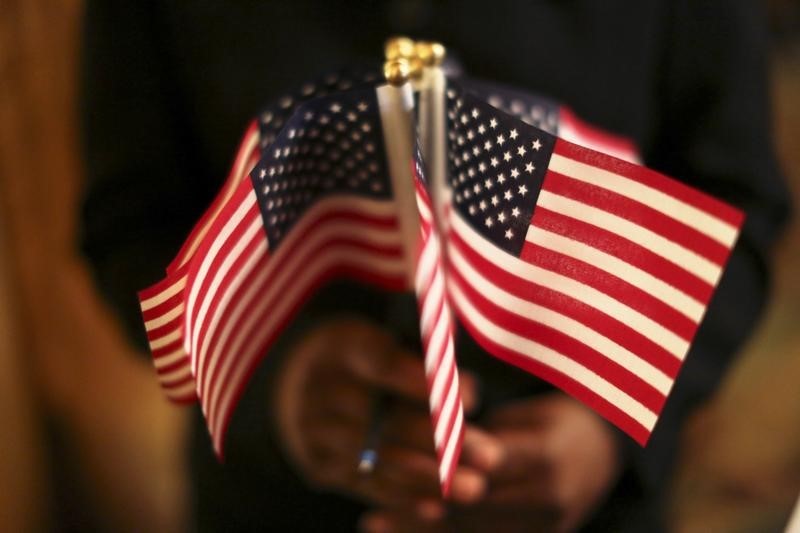By Timothy Mclaughlin
CHICAGO (Reuters) - Democratic lawmakers in the Illinois Senate on Tuesday voted in favor of a budget and tax package that includes hikes to income and sales taxes in a go-it-alone effort to break the state's long-running budget impasse eight days before the end of the legislative session.
Illinois is limping toward the June 30 end of its second straight fiscal year without a complete budget due to gridlock between Republican Governor Bruce Rauner and Democrats who control the state legislature.
The development is not necessarily a breakthrough, however, as the House remains non-committal on the measures and Rauner has said he will not support them without certain conditions.
The package of revenue and appropriations bills would raise income tax from 3.75 percent to 4.95 percent and corporate tax from 5.25 percent to 7 percent.
The income tax hike would generate an estimated $4.4 billion annually and the corporate income tax increase would generate around $514 million annually, according to figures provided by Illinois' Senate Democrats.
The budget measure allocates $37.3 billion in spending from the state’s General Revenue Fund, a figure that matches the one proposed by Rauner. The balanced budget removes a $405 million in previously proposed cuts to Medicaid.
"It is time for us to save the state," Democratic state Senator Toi Hutchinson said on the Senate floor on Tuesday before the votes.
The bills now move to the Democrat-controlled House where it is unclear if they will garner enough support.
The measures would be "thoughtfully considered," Democratic House Speaker Michael Madigan said in a statement on Tuesday evening.
Holding the bills from the House until after May 31, the final day of the legislature, triggers a supermajority requirement, which means Republicans would have to approve them in order to advance the bills to Rauner.
But Rauner and other Republicans said on Tuesday they would not support the bills because they do not address property tax relief.
"Let me be clear, to get my signature, any agreement must include real property tax relief," Rauner said on Twitter.
Illinois, the country's fifth-largest state, is immersed in one of the most politically turbulent eras in its 199-year history due in large part because of its ongoing fiscal woes.
The state's backlog of unpaid bills hit nearly $14.4 billion on Tuesday, according to the state comptroller's office. Rauner is also facing a number of high-profile Democratic challengers in next year's election.
